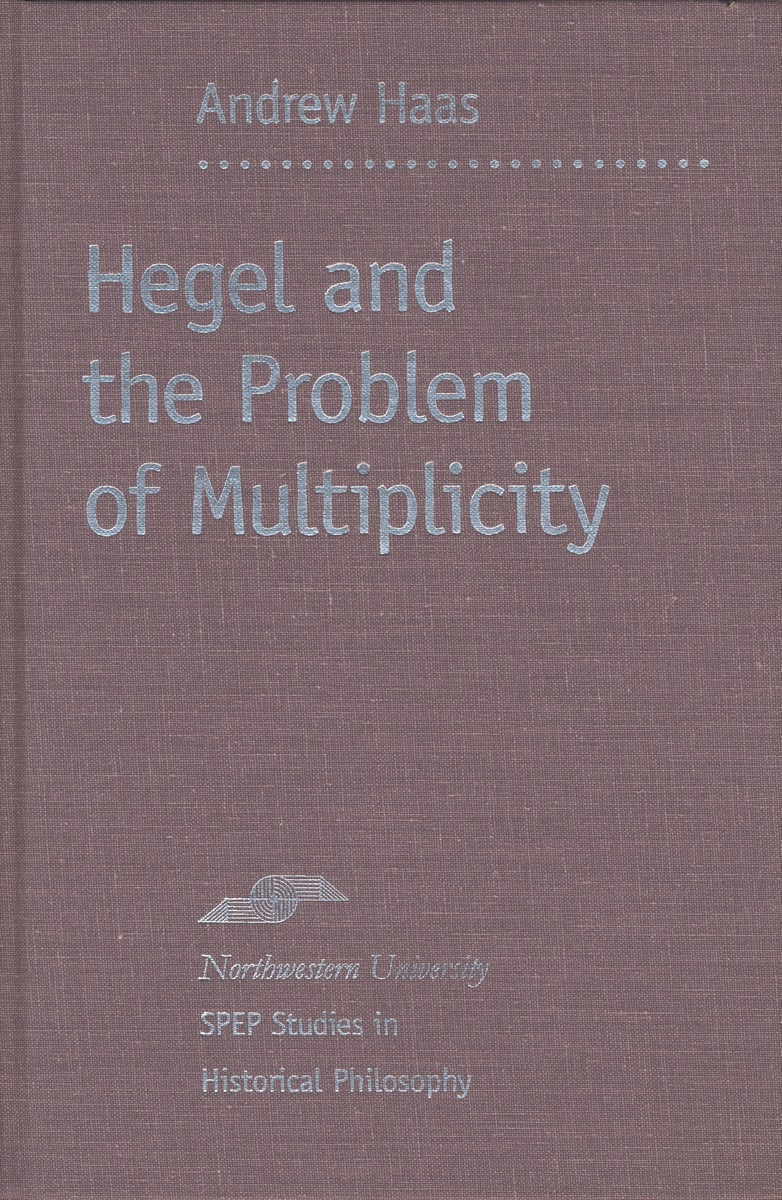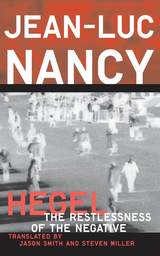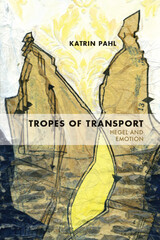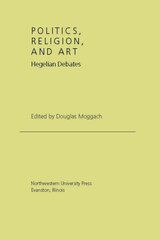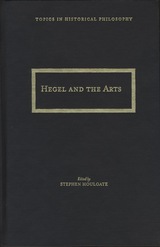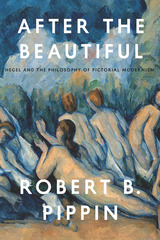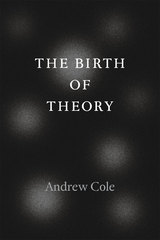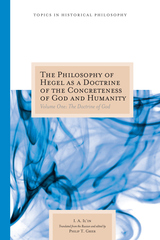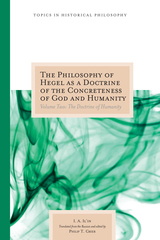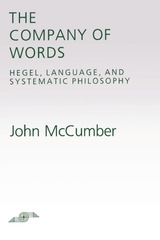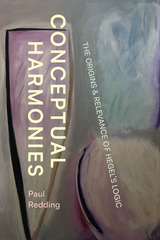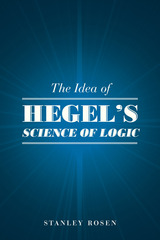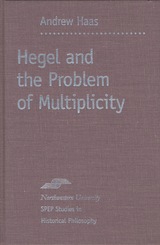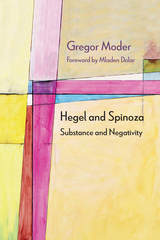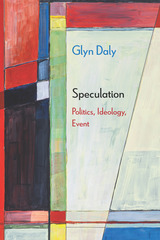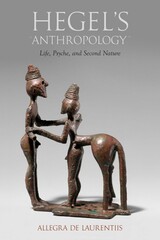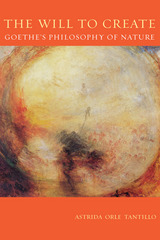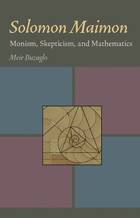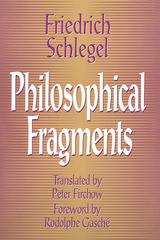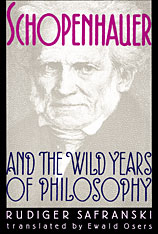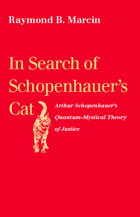Hegel and the Problem of Multiplicity
Northwestern University Press, 2000
Cloth: 978-0-8101-1669-6 | Paper: 978-0-8101-1670-2
Library of Congress Classification B2949.M32H23 2000
Dewey Decimal Classification 119
Cloth: 978-0-8101-1669-6 | Paper: 978-0-8101-1670-2
Library of Congress Classification B2949.M32H23 2000
Dewey Decimal Classification 119
ABOUT THIS BOOK | AUTHOR BIOGRAPHY | TOC | REQUEST ACCESSIBLE FILE
ABOUT THIS BOOK
At the center of Hegel and the Problem of Multiplicity is the question: what could the term "multiplicity" mean for philosophy? Andrew Haas contends that most contemporary philosophical understandings of multiplicity are either Aristotelian or Kantian and that these approaches have solidified into a philosophy guided by categories of identity and different—categories to which multiplicity as such cannot be reduced. The Hegelian conception of multiplicity, Haas suggests, is opposed to both categories—or, in fact, supersedes them. To come to terms with this critique, Haas undertakes a rigorous, technical analysis of Hegel's Science of Logic. The result is a reading of the concept of multiplicity as multiple, that is, as multiplicities.
See other books on: 1770-1831 | Hegel | Hegel, Georg Wilhelm Friedrich | Multiplicity | Problem
See other titles from Northwestern University Press
